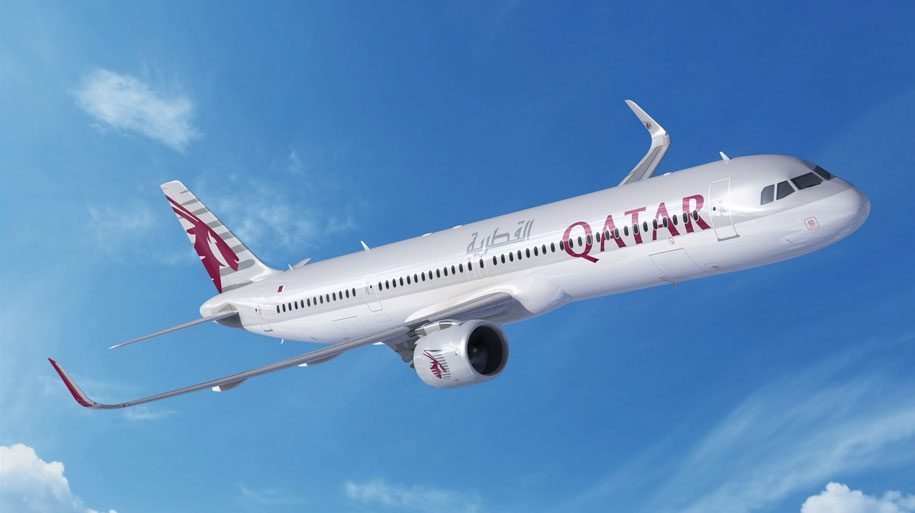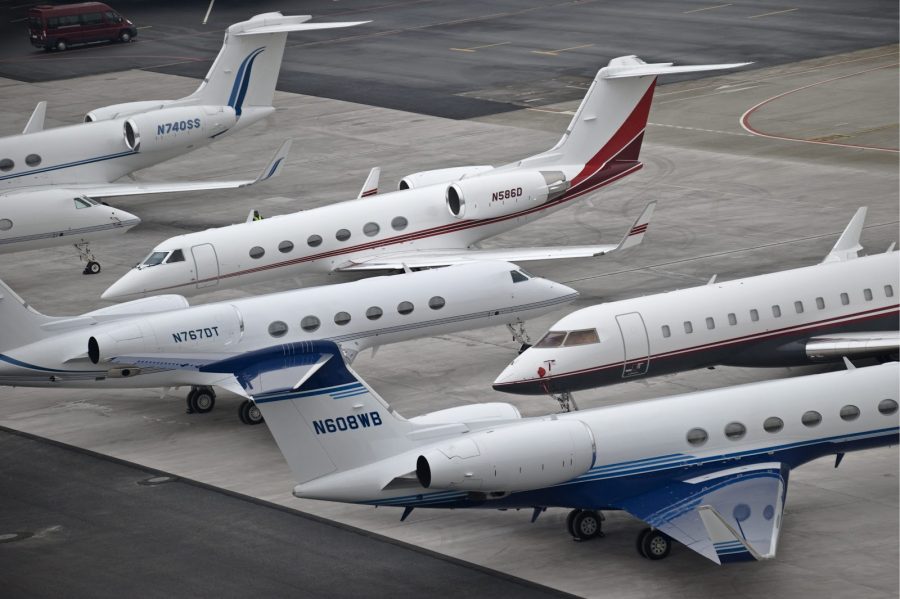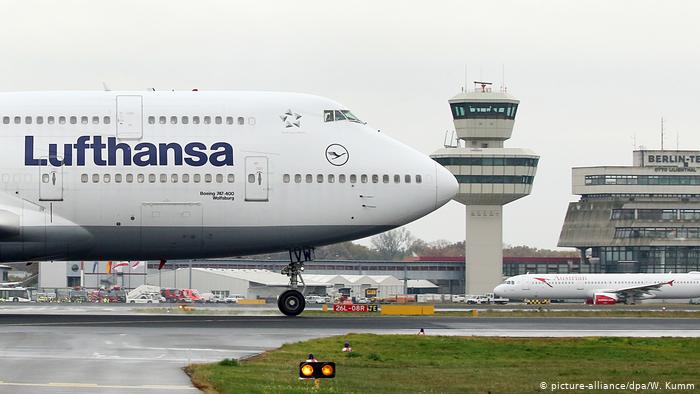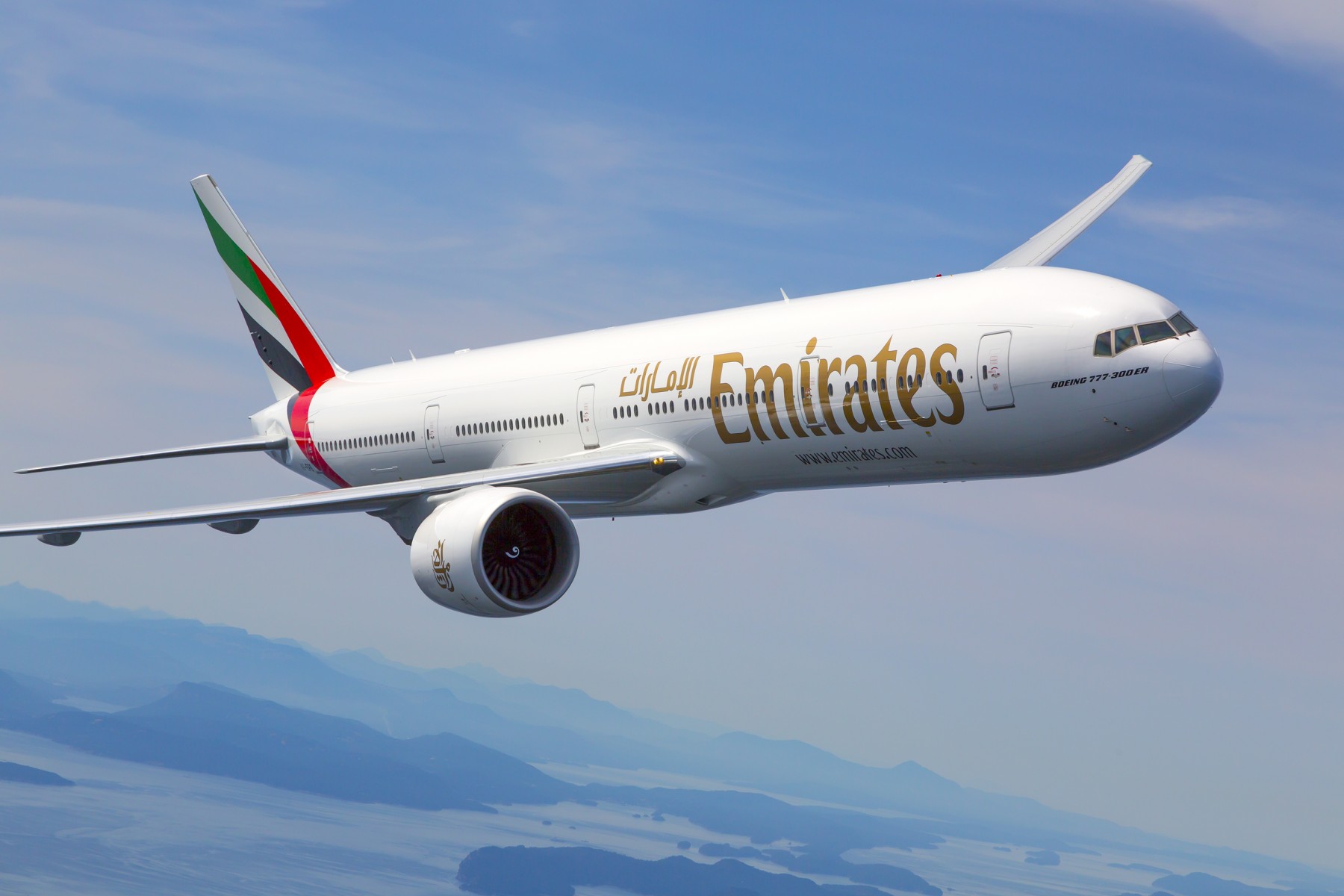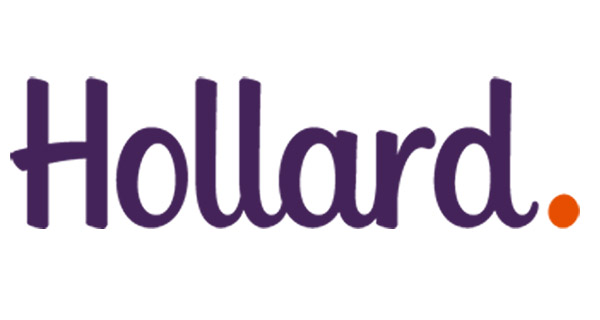By Favour Nnabugwu
The Group Managing Director of Africa Reinsurance Corporation, Africa Re, Dr. Corneille Karekezi says covering a vast region split into many different situations and contexts hardening market.
Dr. Karekezi says that, as a region overall, rates have been fairly stable in the past year but with pockets where rates have been on the rise.
He points to certain lines in South Africa where rates have risen, alongside toughening terms and conditions.
Elsewherehe says, the hardening rates can be linked to losses, such as industrial losses in Nairobi and in parts of west Africa thath have led to changes in those select markets.
It is not just rates and terms and conditions under scrutiny in 2021, however. he says most regions have introduced Covid-19 exclusions and clarified wordings on infectious and communicable diseases.
“These exclusions have been expected,” leaving few insurers surprised by the actions taken by reinsurers and the international markets.
“The exclusions are now akin to war and nuclear risks,” he says, while another area of concern has been cyber liabilities, where the risks have risen dramatically during the pandemic and subsequent switch to working from home.
He admits the international market “has been gentler with us, with increases targeting some lines of business and some individual treaties and not as a global increase”.
Dr. Karekezi says the combined ratio has actually improved since 2019 results, and now that the Covid-19 exposure has been managed through exclusions, he does not anticipate any further declines. Investment income in the past year has also performed well and Mr Karekezi says the international markets have reacted positively to the results.
In 2021, it has been very much business as usual for Africa Re, which showed a return of 5.7% last year. The drop in income last year was offset by a reduction in reserves, says Dr. Karekezi.
African insurers, he says, are now looking to governments and multilateral institutions to support local economies as they bounce back from Covid-19 shutdowns. It has been a case of so far so good for the major African currencies, but Mr Karekezi hopes governments will act to stabilise any major drops in value.
It has not been entirely smooth sailing, however, and in 2020 the market did see a few challenging claims. However, Mr Karekezi is confident that problems have been ironed out and he is optimistic that the market is functioning well and settling valid claims promptly this year.
“Last year it was a struggle at times because of the lockdowns and not having the right people in the office or available at the right time. The worst period for most firms was from March to May 2020, but the industry has put that behind us now. The fact is we are managing claims adequately,” he says.
Those lockdowns actually worked positively in some ways, says Dr. Karekezi, as people bonded together to help clients and provide a good service. He believes the bonds between insurer, brokers and clients were strengthened in many areas.
He acknowledged that there are always outliers for example, some large corporate risks have been harder to place.
And there is the heightened cyber risk that corporates have had to face. Dr. Karekezi says: “The use of iPads etc did increase the risks, but it is something that many people have been able to manage.”
The other major challenge for much of Africa will be the impact of the pandemic on the economy. Mr Karekezi fears that tourism-dependent economies such as Mauritius, South Africa and Morocco have had a “serious hit” and it will depend on how the rest of the world reacts to support those countries.
“It will depend on liquidity in the US economy to revive and stimulate economies,” he believes, pointing to possible moratoriums on debt repayments as one way to stabilise African economies.
“African governments do not have the same flexibility in terms of supporting their economies as the more advanced economies. If Africa has to spend 7% of GDP on stimulus packages, there will be a big gap in the finances,” explains Mr Karekezi.
He adds that much will also depend on the vaccine rollout programme, which has been moving very slowly across Africa. Most observers think it unlikely that 40% of Africa’s population can be vaccinated this year, but that would make a huge difference to the sustainability of Africa’s economies and its businesses if it could be achieved, says Mr Karekezi.
The big lesson for Africa’s reinsurers in the wake of the pandemic will have been the need to improve their risk management framework and their culture, he says.
Underwriting and attention to detail on wordings will be improved, he predicts, and there will be greater clarity for insurers and their insureds. Reinsurers will also put in place greater business continuity and mitigation plans. “All the things needed to fuel solvency and build resilience,” says Mr Karekezi. “These are lessons that are obvious and welcome.”
However, he is mindful that the continent faces plenty of other challenges. “Climate change will impact Africa heavily, but there has been a shift. The political attitude has changed at least in the narrative. However, there is a question as to whether Africa has the means to make improvements.
“Some countries are making big efforts to build their resilience such as Morocco, where you can see the efforts to increase insurance access for individual business and communities, particularly for agriculture, pensions and also loss of income protection.
“It is a big issue that governments must take from Covid-19 and do more in terms of risk management. There is not much being done at the moment because the priorities lie elsewhere, but risk management is something that will come in due course as markets emerge from the pandemic, but more importantly as governments mature,” he concludes.



